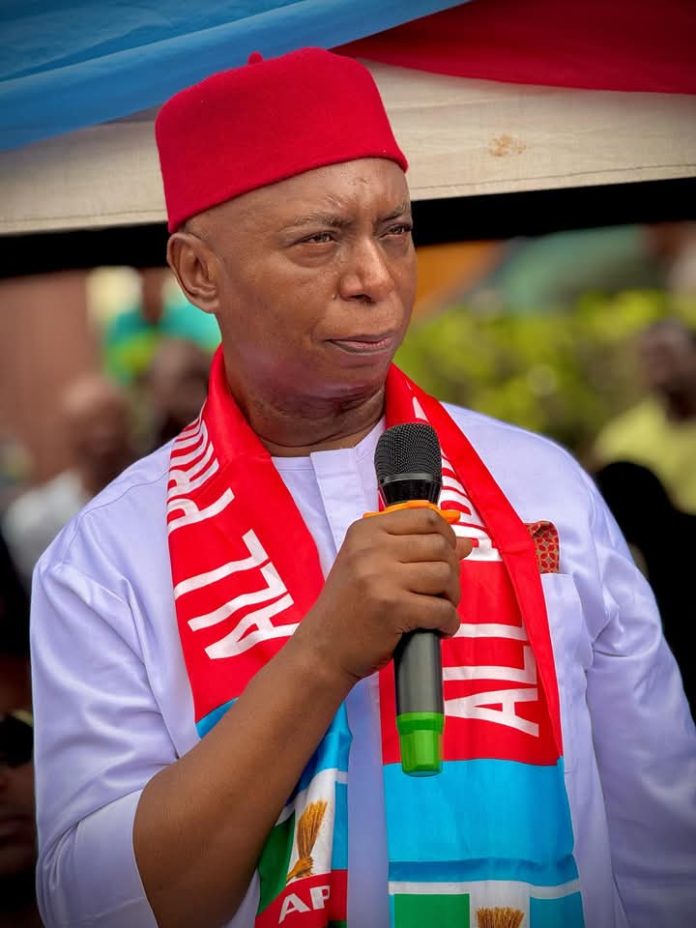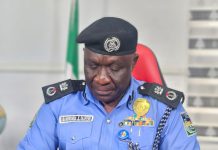By Austin Oyibode
As the 2027 general elections loom closer, political stakes in Delta North Senatorial District are rising sharply. In a field crowded with ambition and rhetoric, one figure continues to dominate public discourse: Senator Prince Ned Munir Nwoko.
To supporters, he is a trailblazer for Anioma progress. To skeptics, the question remains: can one man’s vision truly meet the vast demands of a region in need?
A Record That Speaks — But Does It Resonate Widely?
Senator Nwoko’s political résumé is impressive. A former House of Representatives member and now Senator for Delta North, his career reflects legislative diligence and a strong grassroots connection. He has championed developmental bills, facilitated constituency projects, and led community-based initiatives.
His ongoing advocacy for the creation of Anioma State has resonated deeply in a region long starved of federal attention.
Yet, in an era where voters demand not just effort, but impact, critics argue that the senator’s track record, while admirable, must be matched by measurable, transformative outcomes. Political maturity is expected; delivery is what counts.
Beyond Politics: Development with a Personal Touch
Nwoko’s philanthropic efforts, particularly through his foundation, are commendable. From scholarships to road rehabilitation, youth empowerment, and medical outreaches, his influence reaches all nine local governments in Delta North.
Perhaps most ambitious is his malaria eradication campaign — a health intervention that attracted global attention.
But while his individual commitment is evident, some observers ask: how scalable and sustainable are personal-led projects in solving systemic challenges? Can philanthropy substitute for strong institutional governance?
Anioma Statehood: A Just Cause or Political Capital?
Senator Nwoko has become the loudest political voice advocating for the creation of Anioma State. He frames the argument around fairness, national balance, and Igbo representation within Delta.
The logic is compelling — the South-East lags in state count, and Anioma’s identity remains underrepresented at the national level.
However, critics suggest that state creation, while noble, is often used as a political rallying cry with limited progress. What makes Nwoko’s advocacy different? Can he galvanize federal consensus beyond rhetoric?
The 2027 Factor: Credibility vs. Competitors
As 2027 approaches, Delta North’s electorate faces a critical decision. Senator Nwoko’s name commands respect, but will familiarity translate to renewed trust at the polls?
His grassroots appeal is real, visible in market circles and royal courts, yet the field will likely featur, younger, reform-minded challengers seeking generational change.
In a political climate growing more skeptical of establishment figures, Nwoko’s challenge may not be opposition from rivals, but apathy from a disillusioned electorate. To win again, he must not just remind people of what he has done, but convince them that he can do more.
A Test of Vision, Not Just Popularity
Senator Nwoko stands as a symbol of what committed leadership can achieve in a system often weighed down by inertia.
His vision for Anioma, his personal investment in people, and his political courage set him apart. But the burden of leadership is not light — especially in a region with deep-seated infrastructural, economic, and social needs.
Delta North needs more than promises. It needs a senator who can match ambition with execution, empathy with structure, and visibility with results.
As the race for 2027 begins in earnest, the people of Anioma must decide: is Ned Nwoko still the man who can carry their collective hope — or is it time for a new face to rise?

















